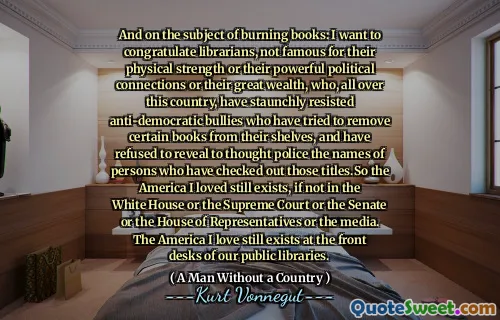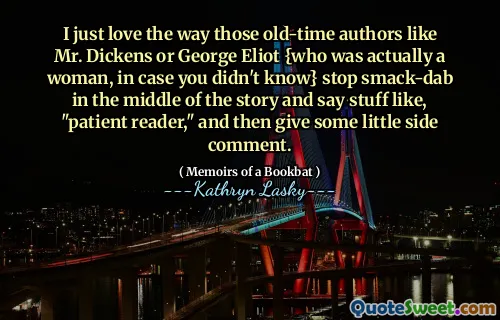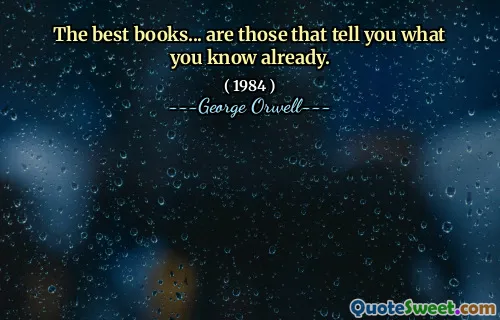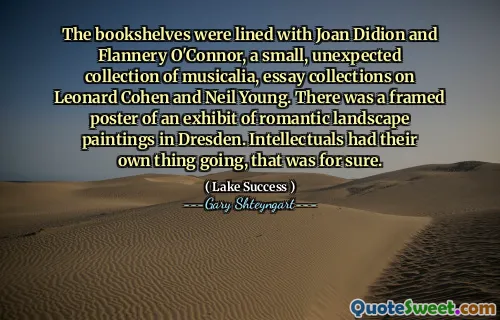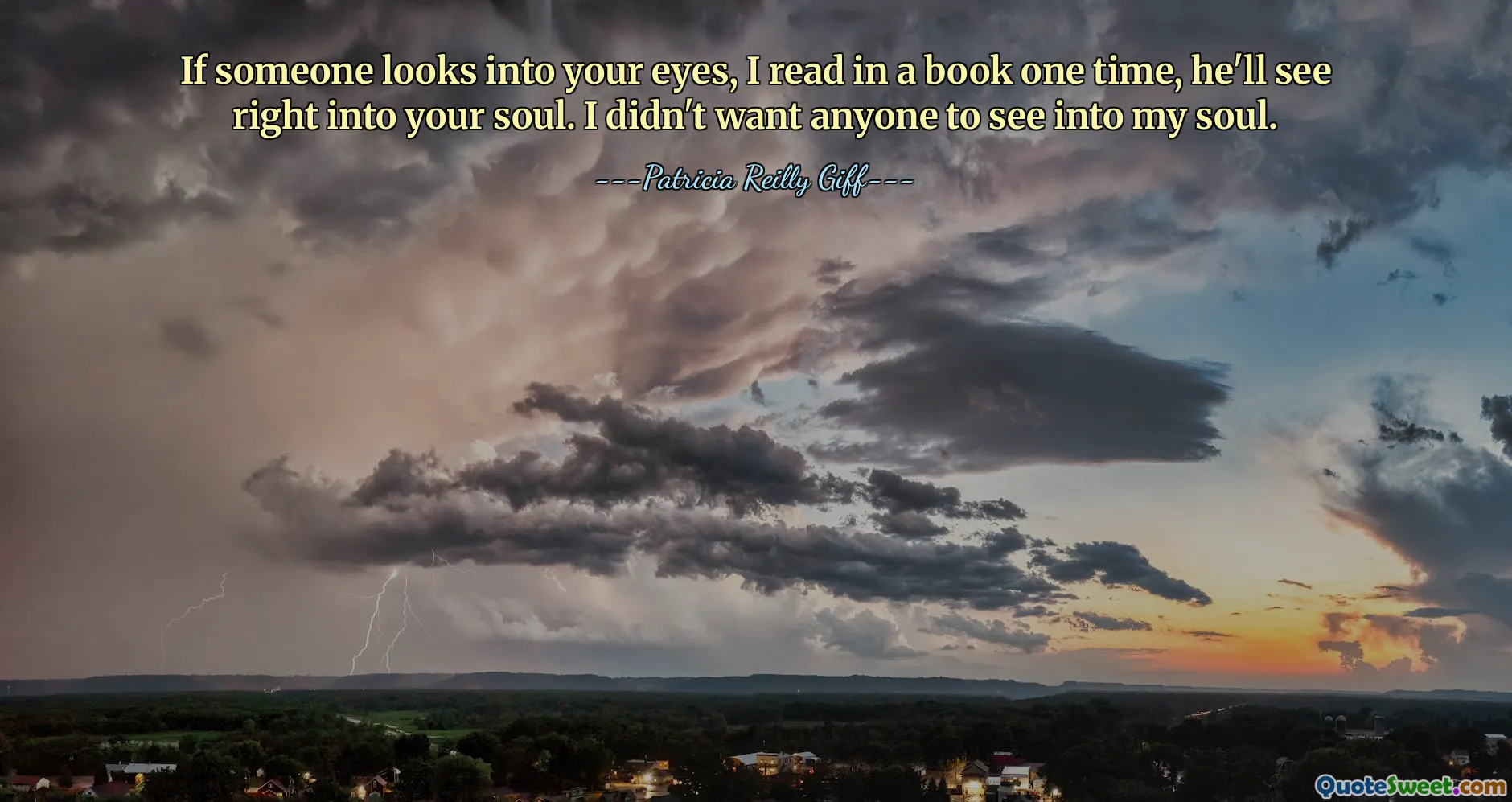
If someone looks into your eyes, I read in a book one time, he'll see right into your soul. I didn't want anyone to see into my soul.
This quote explores the profound vulnerability that comes with emotional honesty and openness. The metaphor of eye contact as a window into the soul highlights how our true selves are often concealed behind facades and defenses. When someone looks into another person's eyes, it can feel like an unspoken invitation to reveal our innermost feelings and truths. The narrator’s admission of not wanting anyone to see into their soul suggests a fear of exposure, rejection, or perhaps past experiences of pain linked with vulnerability. It underscores the human tendency to hide our authentic selves to protect our emotional well-being, especially if we fear judgment or intimacy that might be too intense. The idea of reading about this in a book hints at how literature often captures deep truths about human nature, offering us insights into our fears and desires. It reminds us that evading vulnerability is a common defense mechanism, yet it can also prevent genuine connection with others. Ultimately, the quote celebrates the complexity of human emotion—how the desire for connection is often tempered by a fear of being truly seen, which is an inherent part of our emotional landscape. Understanding and accepting this duality can lead to more authentic relationships and self-awareness, as true intimacy involves risking exposure to another's look, comment, or understanding. Such reflection invites us to consider how often we hide parts of ourselves in everyday interactions and the importance of bravery in allowing others to meet us at our most genuine core.






